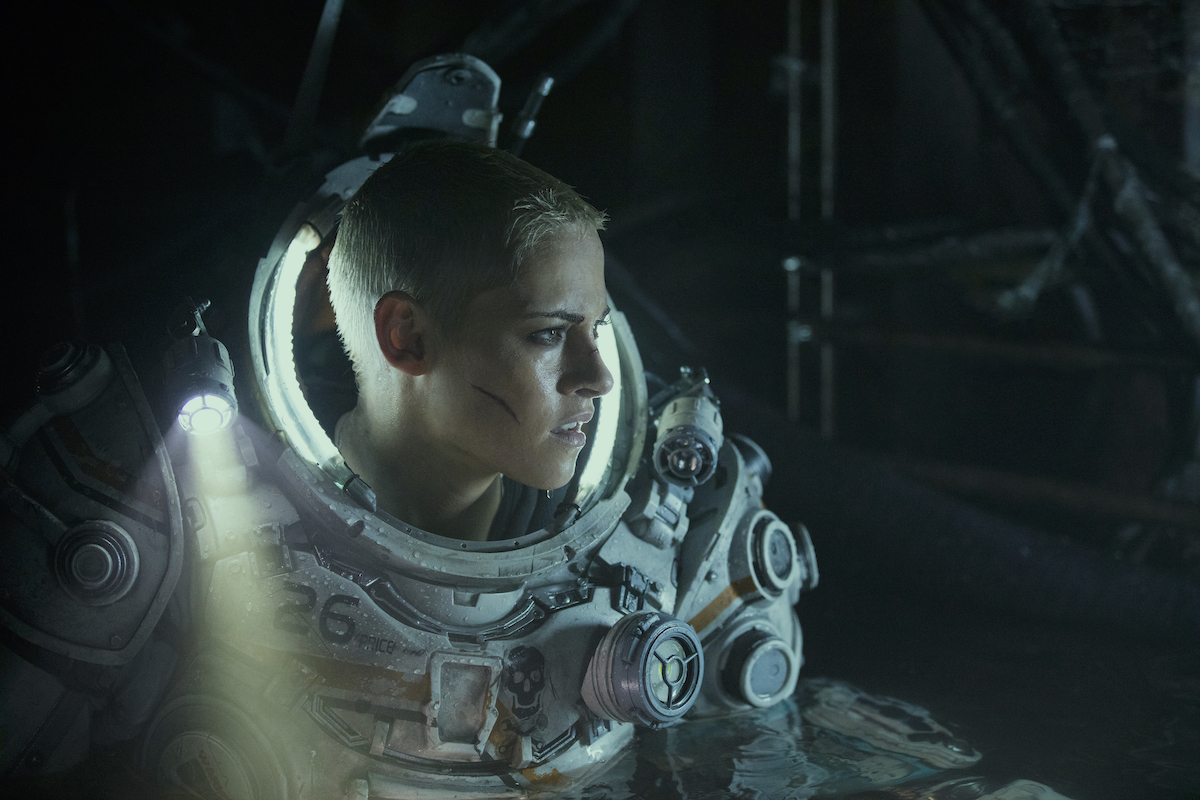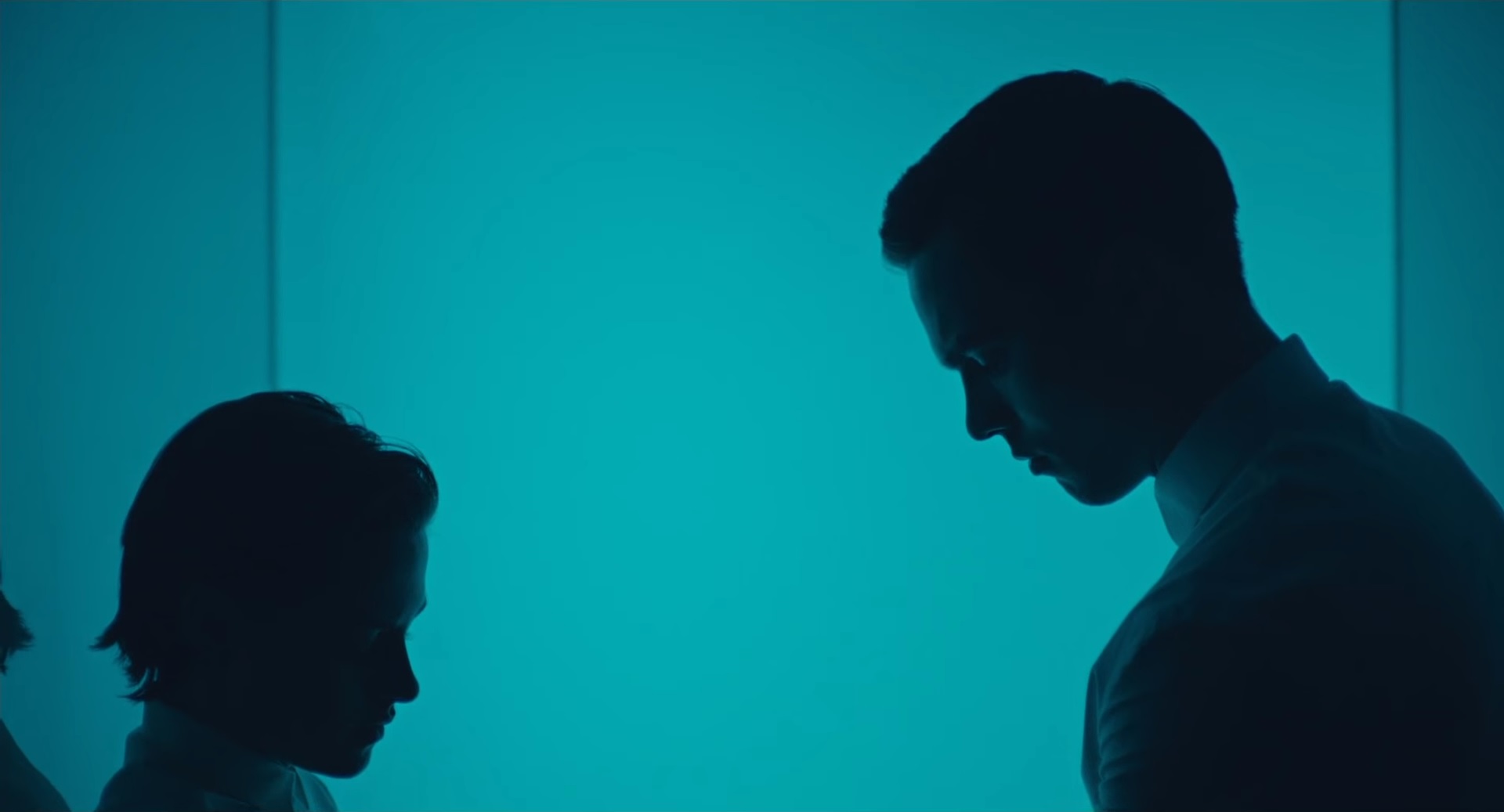Underwater
by Hope Madden
Kristin Stewart has been stretching.
Yes, she will probably forever be first known as that girl from Twilight, unfortunately. But, in the same way her ex-vampire lover Robert Pattinson has relentlessly carved a stronger impression via challenging independent film roles, Stewart has been honing her craft and developing a reputation as a solid talent via varying roles in small budget films.
The few dozen or so of us who saw her versatility over the last few years in Personal Shopper, JT LeRoy, Lizzie, Certain Women, Still Alice and Clouds of Sils Maria no longer think first of Twilight’s Bella Swan.
But Ellen Ripley?
William Eubank’s deep sea horror Underwater sees Stewart as Nora, a no-nonsense, quick thinking, fast acting survivor—the kind who just might keep the remaining crew alive as they try to make their way from an irreversibly damaged deep sea drill rig to a nearby vessel that might have pods to float them to safety.
But what caused the damage in the first place and what is making that noise?
Eubank has assembled a surprisingly solid cast for his “Alien Under the Sea” flick. Joining Stewart as the rig’s humbly heroic captain is the always excellent Vincent Cassel, while John Gallagher Jr. plays the latest in his long line of effortlessly likeable good guys, Smith. Chubby comic relief is delivered by T.J. Miller.
If that sounds like your basic set of recognizable stereotypes assembled to be picked off one by one, you’ve detected the first major problem with Eubank’s film: a breathtaking lack of originality.
The script, penned by Brian Duffield (The Babysitter) and Adam Cozad (The Legend of Tarzan), offers nothing in the way of novelty and much of the dialog is stilted, and Nora’s third act reveal of the emotional damage she must overcome is false and forced.
Luckily, Eubanks somehow convinced a bunch of genuinely talented actors to deliver these lines, so they mainly come off fine. And while the director frustratingly and consistently undercuts the claustrophobic tension he’s begun building, his monsters are pretty cool looking.
Stewart gets to try on the action hero role, and she’s not too bad. For a 95 minute sea monster movie, neither is Underwater. It’s not too good, either, but at least there are no sparkly vampires.




